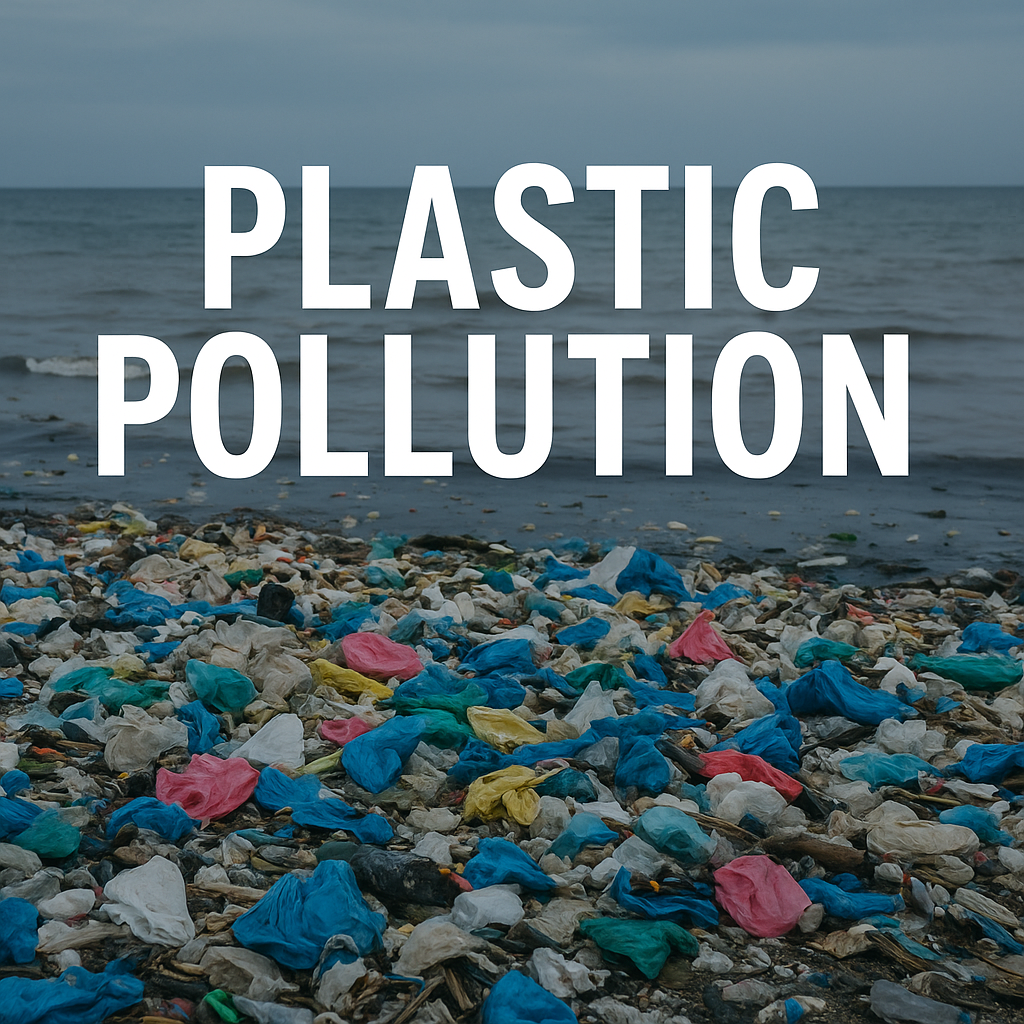
The world's growing plastic crisis continues to challenge global cooperation. With marine ecosystems choking on waste, microplastics entering human bloodstreams, and packaging waste overwhelming cities, the call for a legally binding plastic treaty has never been more urgent. Nations had agreed in 2022 to develop such a treaty by the end of 2024. However, disagreements over the scope and content of the treaty have delayed progress. The next round of negotiations, set to begin in Geneva on November 25, could determine whether the world makes meaningful strides toward curbing plastic pollution or remains stalled by economic and political divides.
A Global Crisis
Plastic production has increased dramatically since the 1950s, reaching over 430 million tonnes annually, according to the United Nations Environment Programme (UNEP). About two-thirds of this becomes waste, much of it ending up in oceans, rivers, and even in the air we breathe. UNEP notes that over 1,000 rivers now carry plastic into the sea, with the deepest parts of the ocean containing plastics that have taken centuries to degrade. Microplastics have been found in human blood, placentas, and even breast milk, sparking serious concerns about long-term health effects.
Plastic pollution affects every part of the planet, from densely populated urban centers to remote Arctic shores. The growing pollution of plastic bags has become a symbol of environmental catastrophe. The plastic problem is no longer just an environmental issue but a threat to global health, food safety, and economic development.
Negotiation Challenges
The road to a plastic treaty has been difficult. The negotiations are divided over core issues such as whether the treaty should limit the production of plastic or focus only on recycling and waste management. Wealthier nations, often supported by powerful petrochemical and plastic lobbies, have shown reluctance to adopt binding caps on production. In contrast, a coalition of developing nations and environmentally committed states, such as Rwanda and Norway, are pushing for a treaty that includes both upstream (production) and downstream (waste) measures.
UNEP has warned that if current trends continue, plastic production could double by 2060, placing immense pressure on landfills, oceans, and waste management systems. Such a rise would make it nearly impossible for existing infrastructure to cope, especially in poorer countries that lack the capacity to handle such waste.
Economic and Political Stakes
The stakes are high, both economically and politically. Plastic production is closely tied to fossil fuels, and several oil-producing countries see restrictions on plastic as a threat to their economic interests. The American Chemistry Council and other industry groups have lobbied intensely against production limits, arguing instead for voluntary measures and technological innovations to manage waste.
However, critics argue that recycling alone is not enough. Global recycling rates remain below 10 percent, and many plastics are not recyclable at all. Exporting waste to poorer countries has also created a secondary crisis, where nations in the Global South are overwhelmed by the volume of imported plastic trash.
Towards a Legally Binding Agreement
The Geneva talks are expected to be intense, with negotiators under pressure to produce a draft treaty by early 2025. UNEP has described the plastic crisis as a "triple planetary emergency" involving climate change, biodiversity loss, and pollution. Its Executive Director, Inger Andersen, has called for urgent action to move from high-level commitments to actual implementation.
There are hopes that consensus can be built around common goals such as eliminating unnecessary single-use plastics, improving waste collection infrastructure, and phasing out toxic additives. Public pressure has also been mounting, with citizen-led campaigns and scientific studies highlighting the urgency of action.
Final Take
If the Geneva round results in a strong draft, it could set the tone for final negotiations in 2025. But if divisions persist, the world risks another lost opportunity to tackle one of the most pressing environmental issues of our time. The outcome will depend on whether nations can put aside short-term interests and act for the long-term health of the planet and future generations.
As the clock ticks toward the deadline, the world watches and waits. The decisions made in Geneva may shape the future of plastic production and pollution for decades to come.





















